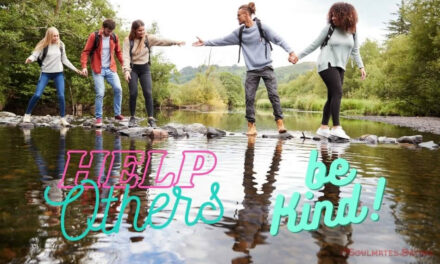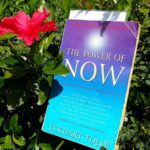Empathy: The Ability that Makes Us Truly Human.
A speech by Simon Sinek shows us that as leaders we can either rule with an iron fist or decide to help people, and which way we go can have a serious impact on performances:
To be a good leader in any job is to be able to look after those in our care rather than just being a boss to people.
We are often taught tasks – to do certain things within our roles, but when we progress forward there is not much teaching for leading the people taking over what we used to do. There is uncertainty in progression. But we must take the responsibility that comes with this and practice each day like any other job role.
When performance dips, must look inward and ask if we’ve truly done everything we could to make this happen. As when we look after those under us everything will fit into place. We need to show that we care about people, make them feel wanted and appreciated. Show that we care. When we do, people will be more motivated to progress.
Learn to understand others and the issues they may be facing in their lives. Find out and help them, so they can in turn help you.
![]()


























